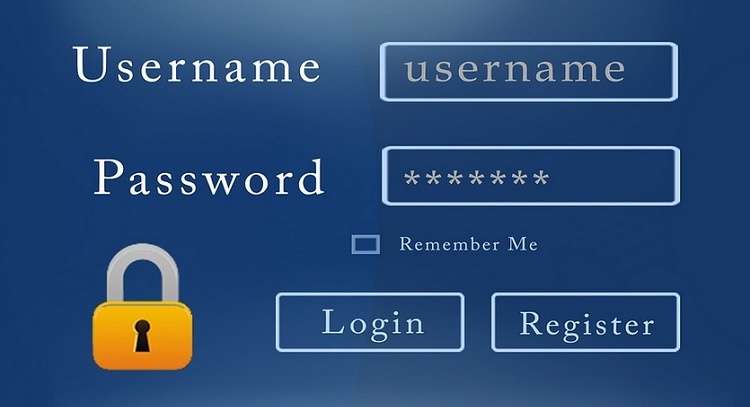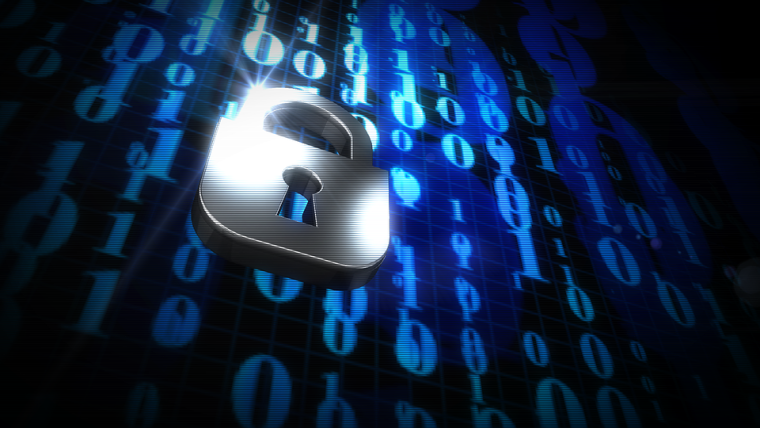How to protect your email account
One of the cybersecurity measures that companies should take is to protect their email account. Bad practices in computer security or lack of attention can result in mail being hacked, or become a gateway for malware to enter your computer.
In your email is practically everything: communications with your customers, user and password data that you have not deleted and that you should have deleted, attachments that we store there so that we do not have to hire a paid storage service…
In this post we will see some security tips to protect your email account.
1. Do not store data such as users and passwords.
We often receive in our mail information about users and passwords. Although some brands have already taken care not to send this information in any case (what they do is to take you to a page to create a new password), the truth is that many others continue to send this data to the mail.
It is true that we can encrypt our emails and they cannot be detected by any cybercriminal. But the truth is that, if by any means, a cracker manages to get into your email, your data is at his mercy. This means that he will be able to enter all the user accounts you have created on other sites, and he can also hit “remember password” on any of those sites.
2. Don’t allow your browser to remember your password.
We often tell our browser to save our e-mail password. That way, we think, we won’t have to type it next time and we can log in with peace of mind. However, it is a big risk if your computer is infected by malware.
Even if you install some unwanted add-on in Firefox or Chrome, the truth is that this password saved in the browser is very easy to get. So avoid this practice and try to retain your password in memory.
3. Do not publish your email address on a website
It is true that in many cases it will be necessary to give an email address on the Internet. But if you want to avoid getting a lot of spam, it is best not to write the address directly. That is to say, do not put tutorred@gmail.com directly. There are other ways to give your email without being so easily detectable by a software.
4. Don’t open spam mails…
Undoubtedly, e-mails from people you know are the best bait to become a victim of spam. malware. Maybe this person did not do it intentionally. It is that she herself has been a victim of some kind of malware or spam tactic, so this message has been generated in an automated way.
The spam mails are easy to detect. In many cases, they meet some obvious requirements:
- They are written in a language other than your own.
- They have some errors because they have been translated with an online translator.
- They are mails that you have no need to receive; always suspicious messages from people you don’t know and that are not relevant.
- Many of these messages have attachments or links to websites; the most dangerous part of all e-mail.
5. Do not give access to your e-mail and password to other employees.
This is a bad practice. Although it can be quite useful for everyone to access the same site, the truth is that it can lead to problems. For example, if an employee gets angry and, on leaving the company, changes the password of the email in question. Or that, having knowledge of emails that he has not sent, he can view messages that should only be known to the sales representative or the administrator.
Ideally, in a company, every employee who has to send an email should have his or her own email account. The official company account, on the other hand, should only be in the hands of the administrator. Having several email accounts is very important at the corporate level.
In many cases, the fact that everyone uses the same mail in the company, instead of sharing files, is the lack of a computer network. Through a home server, a system can be created whereby network users can access the same files without having to log into the company email to view or download them.
#Extra Tip
It is also recommended that you delete the old emails that you won’t need. All that information, if it were to fall into the hands of a cybercriminal, could be tremendously useful to him.
Are you following these tips to protect your email? We recommend you to keep learning about computer security and work with good professionals. It is your company and your security.



